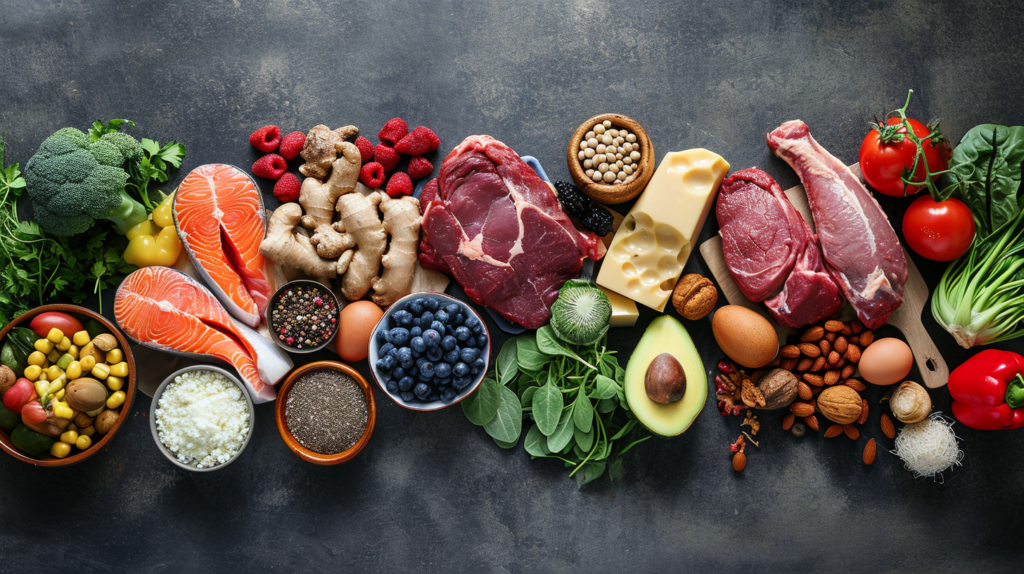In recent years, the narrative surrounding high LDL cholesterol, commonly dubbed as ‘bad’ cholesterol, has been evolving. Emerging research indicates that high LDL doesn’t matter as much as we thought, particularly if accompanied by low levels of systemic inflammation and good fasting insulin scores. This blog delves into the scientific intricacies behind this paradigm shift, underscoring three key aspects: the role of inflammation and insulin resistance, the impact of lipid profiles on cardiovascular health, and the significance of LDL particle size and type.

Understanding Inflammation and Insulin Resistance in Cardiovascular Health
The relationship between high LDL cholesterol and cardiovascular risk has been a cornerstone of medical advice for decades. However, a more nuanced picture is emerging. Studies suggest that the risk posed by high LDL doesn’t matter as much in the context of low inflammation and insulin resistance. Systemic low-grade inflammation and insulin resistance are critical in the pathogenesis of cardiovascular diseases and type 2 diabetes. For instance, Kressel et al. (2009) found that subjects with metabolic syndrome exhibited significantly higher levels of inflammation markers, closely associated with insulin resistance.
The Link Between Inflammatory Markers and Lipid Profile
Inflammatory markers, like C-reactive protein (CRP) and interleukin-6 (IL-6), play a pivotal role in altering lipid profiles. These alterations often include lower HDL cholesterol and higher triglyceride levels, typically observed in inflammatory states, and are linked to increased cardiovascular risk (Chung et al., 2007). This relationship highlights that inflammation, rather than high LDL, is a more crucial factor in cardiovascular health.

LDL Particles: Size and Type Matter
The conventional view of LDL cholesterol as uniformly harmful is overly simplistic. The type and size of LDL particles significantly influence cardiovascular risk. Small, dense LDL particles are more atherogenic than larger, buoyant ones. Williams et al. (2003) underscored that in the absence of high inflammation and insulin resistance, the risk posed by LDL cholesterol could be mitigated. This finding suggests that not all high LDL scenarios are created equal.
In summary, while high LDL cholesterol levels have been historically viewed as a red flag for heart health, this risk assessment needs to be contextualized. Individuals with low systemic inflammation and good insulin sensitivity might not face the same risks from high LDL as once thought. This evolving understanding emphasizes the importance of a comprehensive approach to cardiovascular health, considering various factors beyond just cholesterol levels.
From an Organic Oasis perspective, embracing a diet rich in natural, unprocessed foods like organic meats, fruits, and raw dairy can play a crucial role in maintaining low levels of inflammation and ensuring healthy insulin responses. This approach aligns with our philosophy that the key to optimal health is living in harmony with how our bodies have evolved over millennia.
Remember, always consult with a healthcare professional for personalized medical advice, especially concerning cholesterol and heart health.